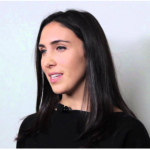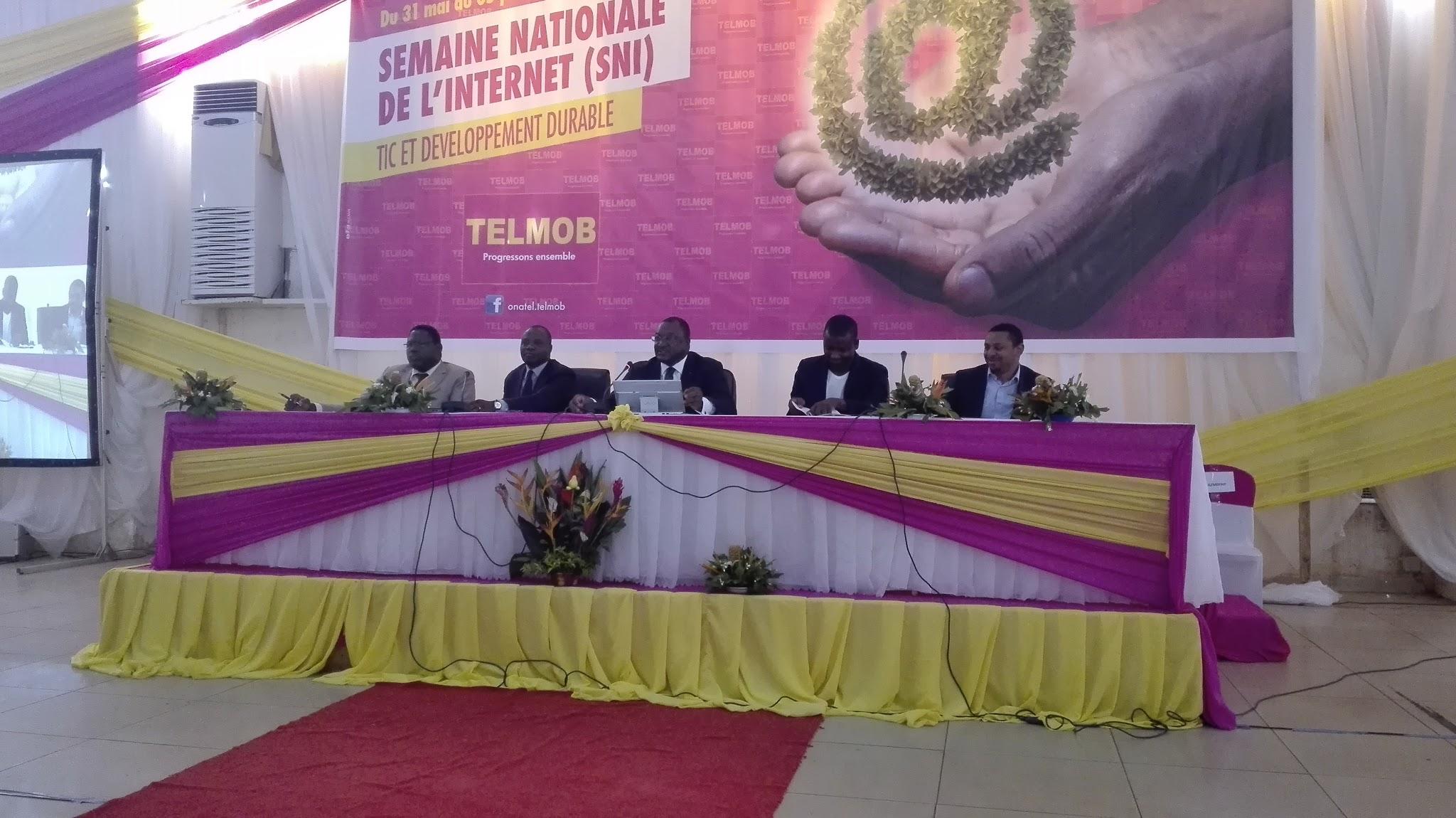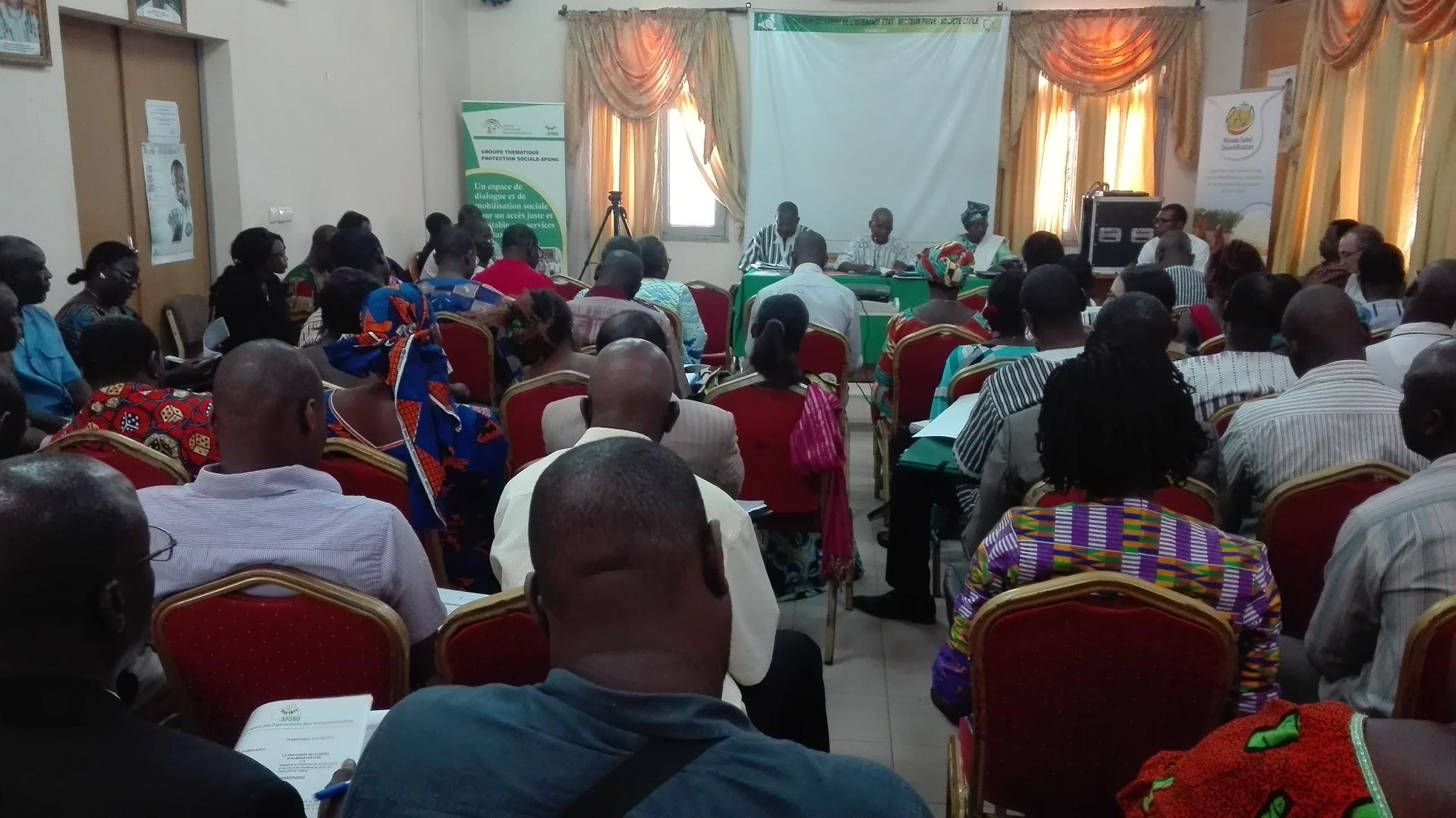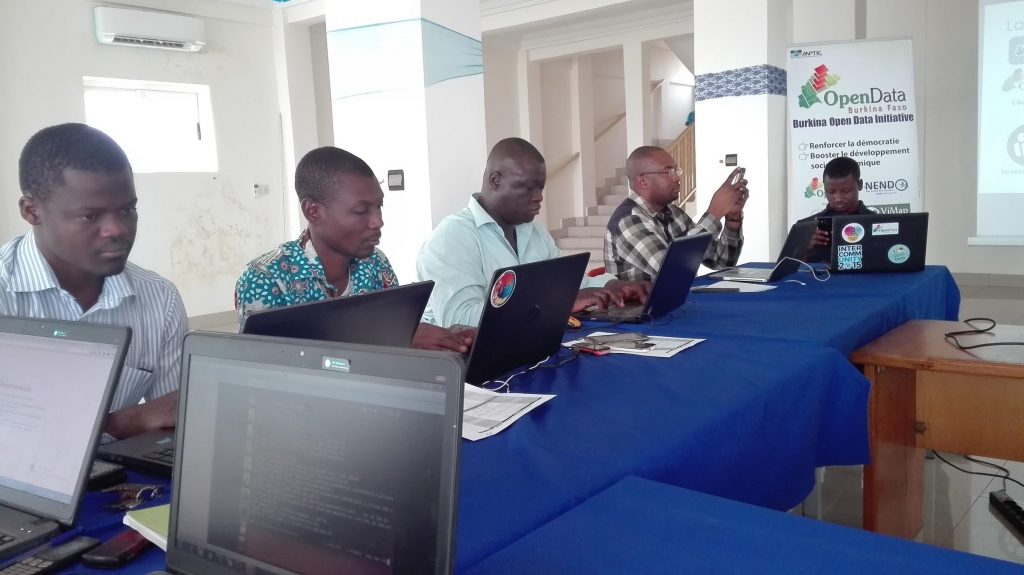For five years, El Salvador has had the Public Information Access Law (PIAL), which requires various kinds of information from all state, municipal and public-private entities —such as statistics, contracts, agreements, plans, etc. These inputs are all managed under the tutelage of PIAL, in an accurate and timely manner.
As well as the social control exerted by Civil Society Organizations (CSOs) in El Salvador, to ensure compliance with this law, the country’s public administration gave space for the emergence of various bodies, such as the Institute of Access to Public Information (IAPI), the Secretariat of Transparency, Anti-Corruption and Citizen Participation and the Open Government website, which compiles —without periodic revision of official documents and other resources by any government official— more than 92,000 official data documents.
In this five year period, the government showed discontent. Why? They didn’t expect that this legislation would strengthen the journalistic, activist and investigative powers of civil society, who took advantage of this period of time to improve and refine the techniques under which they requested information from the public administration.
Presently, there are few digital skills amongst these initiatives in the country. It has now become essential to ask the question: what is known about data in El Salvador? Are the initiatives that have emerged limited in the scope of their achievements? Can something be done to awaken or consolidate the interest of people in data? To answer these and other questions, I conducted a survey with different research and communication professionals in El Salvador and this is what I found.
The Scope
“I think [data work] has been explored very little (in journalism at least),” said Jimena Aguilar, Salvadoran journalist and researcher, who also assured me that working with data helps provide new perspectives to stories that have been written for some time. One example is Aguilar’s research for La Prensa Grafica (LPG) sections, such as transparency, legal work, social issues, amongst others.
Similarly, I discovered different initiatives that are making efforts to incorporate the data pipeline within their work. For two years, the digital newspaper ElFaro.net has explored various national issues (laws, homicides, travel deputies, pensions, etc.) using data. During the same period, Latitudes Foundation processed different aspects of gender issues to determine that violence against women is a multi-causal phenomenon in the country under “Háblame de Respeto” project.
And although resistance persists in government administrations and related institutions to adequately provide the information requested by civil society —deputies, think tanks, Non-Governmental Organizations (NGOs), journalists, amongst others— more people and entities are interested in data work, performing the necessary steps to obtain information that allows them to know the level of pollution in the country, for instance, build socio-economic reports, uncover the history of Salvadoran political candidates and, more broadly, promote the examination of El Salvador’s past in order to understand the present and try to improve the country’s future.
The Limitations
“[Perhaps,] it is having to work from scratch. A lot of carpentry work [too much work for a media outlet professional]”, says Edwin Segura, director for more than 15 years of LPG Datos, one of the main data units in the country, who also told me that often too much time and effort is lost in cleaning false, malicious data provided by different government offices, which often has incomplete or insufficient inputs. Obviously, Segura says, this is with the intention of hindering the work of those working with data in the country.
In addition, there’s something very important that Jimena told me about the data work: “If you are not working as a team, it is difficult to do [data work] in a creative and attractive way.” What she said caught my attention for two reasons: first, although there are platforms that help create visualizations, such as Infogr.am and Tableau, you always need a multidisciplinary approach to jump-start a data project, which is the actual case of El Diario de Hoy data unit that is conformed by eight people specialized in data editing, web design, journalism and other related areas.
And, on the other hand, although there are various national initiatives that work to obtain data, such as Fundación Nacional para el Desarrollo (FUNDE), Latitudes Foundation, etc., there’s a scattered effort to do something with the results, which means that everyone does what they can do to take forward the challenge of working with databases individually, instead of pursuing common goals between them.
Stones in the Road
When I asked Jimena what are the negative implications of working with data, she was blunt: “(Working with data) is something that is not understood in newsrooms […] [it] takes a lot of time, something that they don’t like to give in newsrooms”. And not only newsrooms, because NGOs and various civil society initiatives are unaware of the skills needed to work with data.
Of the many different internal and external factors affecting the construction of stories with data, I would highlight the following. To begin with, there is a fear and widespread ignorance towards mathematics and basic statistics, so individuals across a wide variety of sectors don’t understand data work; to them, it is a waste of time to learn how to use them in their work. For them, it’s very simple to gather data in press conferences, institutional reports and official statements, which is a mistake because they don’t see how data journalism can help them to tell stories in a different way.
Another issue is that we have an inconsistency in government actions because, although the government discursively supports transparency, their actions are focused on answering requests vaguely rather than proactively releasing good quality data —opening data in this way is hampered with delays. I experienced this first hand when, on many occasions, I asked for information that didn’t match with what I requested or, on the contrary, the government officials sent me different information, in contrast with other information requests sent by other civil society sectors (journalists, researchers, etcetera).
Where Do We Go From Here?
With this context, it becomes essential to begin to make different sectors of civil society aware of the importance of data on specific issues. For that, I find myself designing a series of events with multidisciplinary teams, workshops, activities and presentations that deconstruct the fear of numbers, that currently people have, through the exchange of experience and knowledge. Only then can our civil society groups make visible the invisible and explain the why in all kinds of topics that are discussed in the country.
With this approach, I believe that not only future generations of data practitioners can benefit from my activities, but also those who currently have only indirect contact with it (editors, coordinators, journalists, etc.), whose work can be enhanced by an awareness of data methodologies; for example, by encouraging situational awareness of data in the country, time-saving tools and transcendence of traditional approaches to visualization.
After working for two years with gender issues and historic memory, I have realized that most data practitioners have a self-taught experience; through trainings of various kinds we can overcome internal/external challenges and, in the end, reach common goals. But, we don’t have any formal curricula and all we’ve learned so far comes from a proof and error practices… something we have to improve with time.
And, also, we’re coping with the obstacles imposed by the Government on how data is requested and how the requested information is sent; we also have to constantly justify our work in workplaces where data work is not appreciated. From NGO to media outlets, data journalism is seen as a waste of time because they’re thinking that we don’t produce materials as fast as they desire; so, they don’t appreciate all the effort required to request, clean, analyse and visualise data.
As part of my School of Data Fellowship, I’m supporting the design of an educational curriculum specialising in data journalism for fellow journalists in Honduras, Guatemala and El Salvador, so they may acquire all the necessary skills and knowledge to undertake data histories on specific issues in their home countries. This is a wonderful opportunity to awaken the persistence, passion and skills for doing things with data.
The outlook is challenging. But now that I’m aware of the limits, scope and stones in the way of data journalism in El Salvador and all that remains to be done, I want to move forward. I take the challenge this fellowship has presented me, because as Sandra Crucianelli (2012) would say, “(…) in this blessed profession, not only doesn’t shine people with good connections, even with brilliant minds: for this task only shine the perseverant ones. That’s the difference”.

 Tamara Puhovski, a sociologist, innovator, public policy junky and an open government consultant. She describes herself as a time traveler journeying back to 19th and 20th century public policy centers and trying to bring them back to the future.
Tamara Puhovski, a sociologist, innovator, public policy junky and an open government consultant. She describes herself as a time traveler journeying back to 19th and 20th century public policy centers and trying to bring them back to the future.




